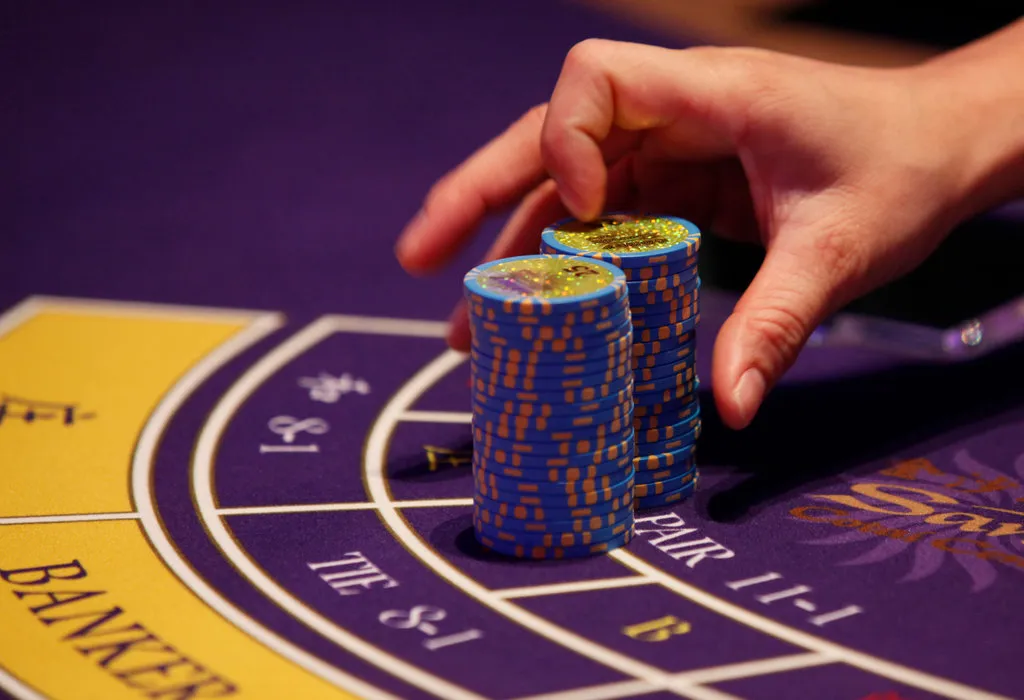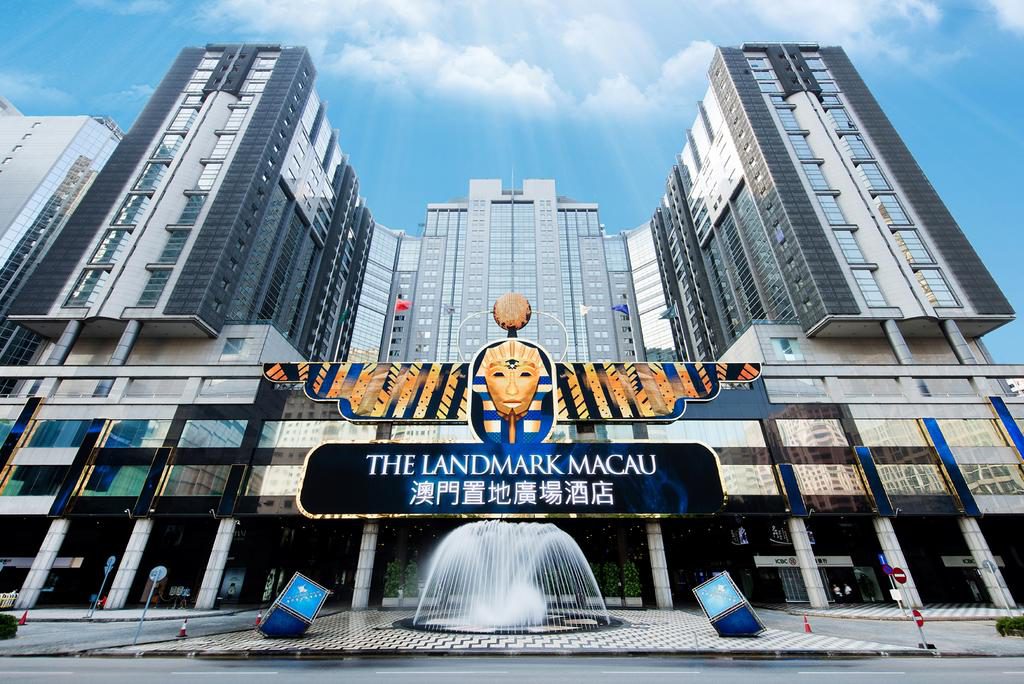The Macau gaming sector is expected to adopt a more cautious approach to bond issuance in 2025, following strong performance in 2024.
According to HSBC’s Macau gaming operators credit watch report, gross bond issuance in the sector is projected to reach around $2.25 billion for FY25, with net issuance anticipated to be significantly lower.
‘After another strong year, we turn less bullish on Macau gaming, as we believe the potential upside in 2025 is largely priced in,’ the report states.
Commenting on the sector’s performance this year, HSBC concludes that the Macau gaming sector has performed well, with Macau gaming bonds showing a year-to-date unannualized return of 8 percent, outperforming the Asia ex-Japan benchmark index, which stands at 5.7 percent. After maintaining an overweight stance for two years, HSBC is adjusting its credit strategy for Macau to a slight overweight heading into 2025.
HSBC analysts Cathy Cheng and Keith Chan outline three key themes likely to shape the gaming sector in 2025: growth normalization, dividends, and uncertainties surrounding satellite casinos.
HSBC notes that after rapid post-pandemic growth in both gross gaming revenue (GGR) and EBITDA, it is not surprising to see growth beginning to normalize. Year-on-year EBITDA growth has already slowed, dropping from 80 percent in 1Q24 to 21 percent in 2Q24 and just 5 percent in 3Q24.
This trend of slower growth could negatively affect credit metrics, especially as, except for SJM and Studio City, most operators have seen their net debt-to-EBITDA ratios remain flat or trend slightly upwards in recent quarters.
For 2025, the Macau SAR Government forecasts GGR to reach MOP240 billion ($29.7 billion), marking a 5.3 percent increase from the estimated MOP228 billion for 2024, a significant slowdown from the 27 percent year-on-year growth in GGR seen through November 2024.
While HSBC acknowledges the conservative nature of the government’s growth target, it believes the trend toward normalization will persist. This suggests that any improvements in credit profiles will depend heavily on the pace of debt deleveraging across the sector.

Dividends and debt deleveraging
The return of dividends to the sector could slow the pace of debt deleveraging. MGM China and Wynn Macau were the first two operators covered by HSBC to resume dividend payouts in 2024, distributing $342 million and $101 million, respectively.
With stable cash flow generation, more operators are expected to follow suit. Melco Resorts plans to resume dividends in the second half of 2025, depending on its debt repayment schedule. Similarly, Las Vegas Sands, the parent company of Sands China, has indicated the possibility of paying dividends next year.
Despite the return of dividends, HSBC does not foresee any significant changes to sector fundamentals, given the generally strong liquidity of Macau operators. The analysts also do not expect any major releveraging of balance sheets.
However, when comparing cash inflows and outflows for each operator in 2025, HSBC suggests that the pace of net debt deleveraging at Sands China, MGM China, and Melco Resorts may be constrained by dividend payments. These operators will likely continue to rely on internal cash resources, undrawn banking facilities, or USD bond refinancing to meet their cash outflows, which would likely keep their net-debt positions neutral.

Satellite casinos: Credit impact on SJM ‘manageable’
Macau’s satellite casinos are now well into their three-year transition period, set to conclude on December 31st, 2025. With the clock ticking, the key question is how the new Macau SAR government will manage the remaining 11 satellite casinos. Of these, SJM operates nine, while Galaxy and Melco Resorts each manage one.
Regarding credit impact, the research team believes the situation for SJM is ‘manageable.’ Although satellite casinos contributed 38 percent, or HK$8 billion ($1.03 billion), of the company’s 9M24 GGR, they accounted for just HK$5 million ($643,000) of SJM’s HK$2.9 billion ($373 million) adjusted property EBITDA during the same period.
For SJM, the more pressing concerns are likely to revolve around the reallocation of gaming tables and the future structure of management fees. Currently, SJM operates approximately 220 gaming tables at the Grand Lisboa Palace casino, with the capacity to host up to 350. The government’s decision on the future of satellite casinos could significantly impact how these resources are managed.



